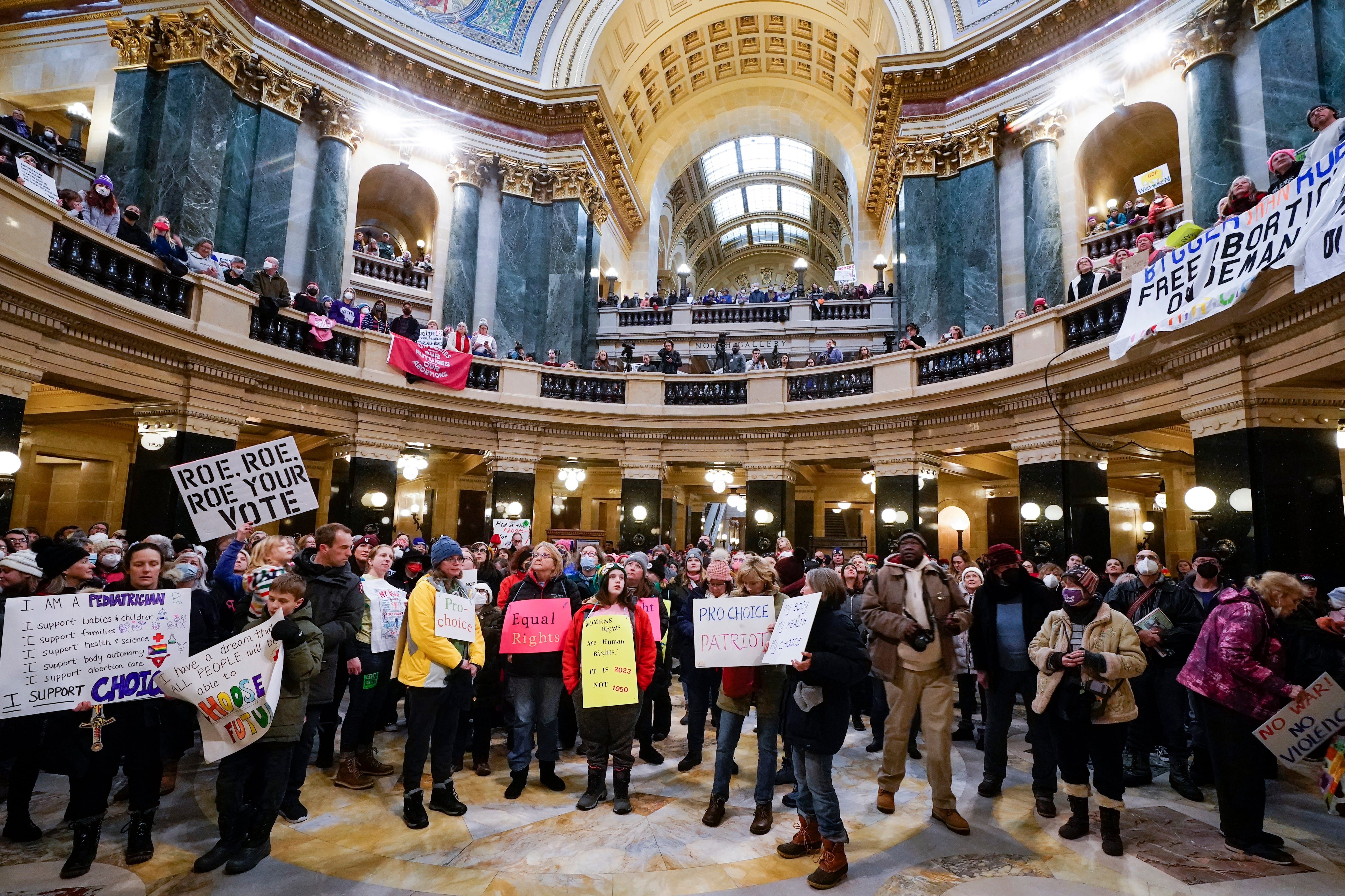Planned Parenthood resumed offering abortion services in Wisconsin on Monday after halting them for more than a year since the U.S. Supreme Court overturned Roe v. Wade.
Providers across the state stopped offering abortions following the June 2022 decision, fearing enforcement of an 1849 state law that appears to ban the procedure but had previously been nullified by the 1973 Roe ruling. A judge ruled last month that the 144-year-old law doesn't apply to medical abortions.
In light of the ruling, Planned Parenthood of Wisconsin began offering abortions at clinics in Madison and Milwaukee again on Monday. The group did not say how many abortions it expected to perform but said appointments at its Milwaukee clinic on Monday were completely filled within 24 hours of announcing that services would resume.
Without access to abortion care in Wisconsin for the past 15 months, many patients have sought assistance in neighboring Illinois, where abortions have remained widely available. According to Planned Parenthood of Illinois, its clinics have seen a seven-fold increase in patients from Wisconsin since the Supreme Court overturned Roe.
The lawsuit challenging Wisconsin's 1849 law was brought by the state's Democratic attorney general and is expected to end up in front of the Wisconsin Supreme Court, which flipped to liberal control last month.
Democrats, including Wisconsin Gov. Tony Evers, praised the resumption of abortion services. Meanwhile, anti-abortion rights groups in the state condemned the move and promised to continue fighting in court for the procedure to be outlawed.









